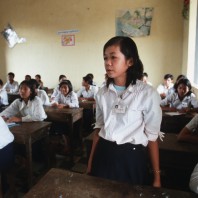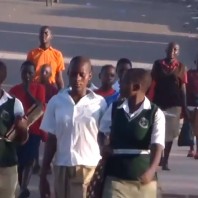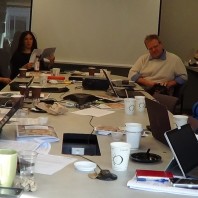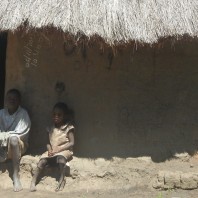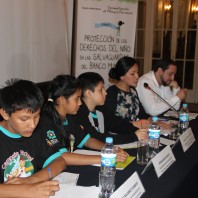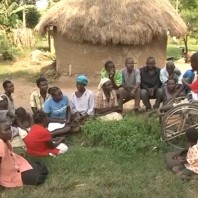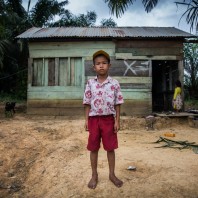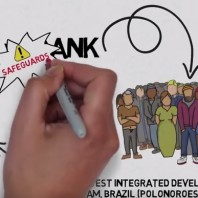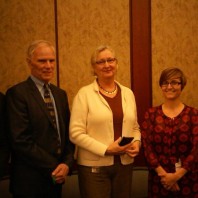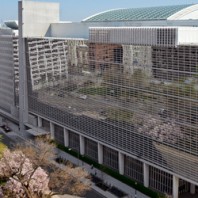Cambodia. Photo: © Masaru Goto / World Bank The World Bank has long noted that investing in children is the clearest path to reducing poverty. Yet a lack of specific protections for children has led to many years of World Bank projects in Cambodia and around the world with unintended negative impacts. Today, the World …
Members of the Bigodi community in Uganda tell the story of what happened in their village as a result of the construction of a road. The road was part of the World Bank-funded Uganda Transport Sector Development Project, which was canceled in December 2015. They discuss the negative social impacts of the project on their …
On January 21 and 22, BIC hosted a child rights expert meeting to discuss how to operationalize the World Bank’s proposed new requirement to assess risks to children in its investment loans. The Bank’s latest draft of the updated safeguards, now known as the Environmental and Social Framework (ESF), was released in the summer of …
On December 28 2015, World Bank Group President Jim Yong Kim announced the cancellation of funding to the deeply troubled Uganda Transport Sector Development Project (TSDP), a project BIC’s child rights program has long been raising concerns about. The project cancellation was due to concerns over labor issues, social and environmental concerns, poor project performance, …
BIC Panels Explore Challenges and Ways Forward Around World Bank-Funded Mining Projects During the recent World Bank and IMF Annual General Meetings (AGM) in Lima, Peru, BIC’s Child Rights Program co-sponsored two events to discuss the World Bank’s engagement in mining projects in Peru and their impacts on children. Along with Save the Children, BIC …
The National Union of Disabled Persons of Uganda (NUDIPU), an indigenous umbrella organization of persons with disabilities (PWDs) in Uganda working to promote the equalisation of opportunities and active participation of PWDs in mainstream development processes, has produced a video on the impact of the World Bank funded National Agriculture Advisory Services (NAADS) in Uganda …
Picture of KEMAL JUFRI / Photo credit FERN AND ICIJ In the latest installment of “Evicted and Abandoned”, a year-long investigation into the ‘hidden toll of development’ financed by the World Bank, the International Consortium of Investigative Journalists, in collaboration with The Food & Environment Reporting Network, tells the story of Revan Pragustiawan, a little …
The World Bank has a complex track record with human rights and the environment. On one hand, they are one of the world’s most important development institutions, and their main goals are to eliminate poverty and boost prosperity. On the other, they have a history of sidelining the well-being of communities and ecosystems that are …
On September 30th, the Tom Lantos Human Rights Commission held a hearing at the United States Congress on international financial institutions (IFIs) and human rights, chaired by Congressman Jim McGovern. Witnesses included BIC’s Nezir Sinani from Kosovo, Milton Sanchez from Peru, and Obang Metho from Ethiopia, who testified on the human rights impacts of World …
On August 4, 2015 the World Bank publicly released the second draft of its Environmental and Social Framework (ESF), thus initiating Phase 3 of the safeguards review. The ESF contains the safeguard policies designed to protect communities and the environment in World Bank investment projects. The effectiveness of the World Bank’s new safeguards is compromised by several …

